Mentors of 1st UN Citiverse Challenge
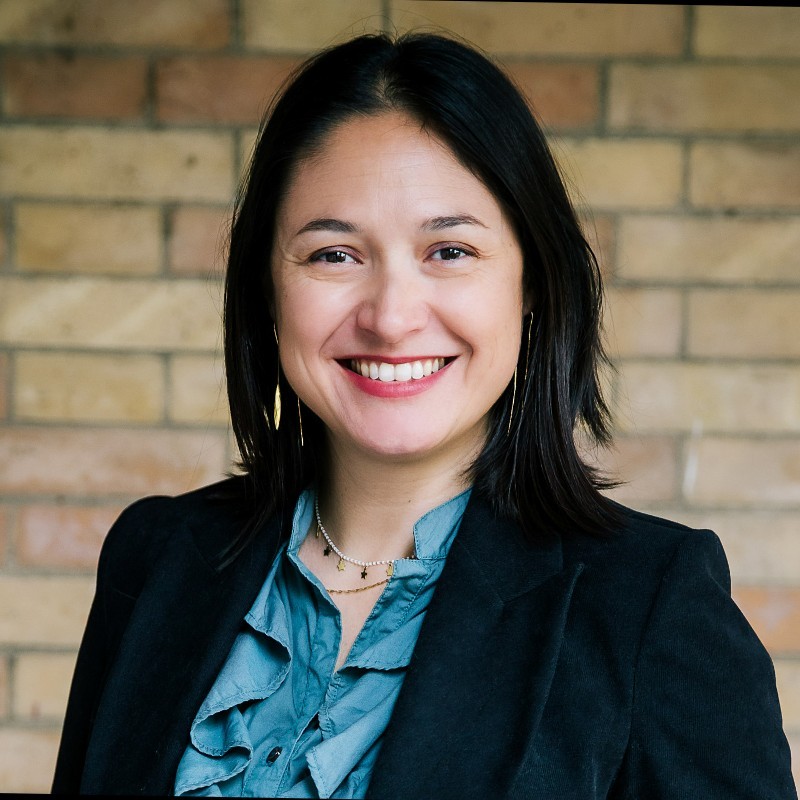
Paola Abbate
Associate Programme Officer, ITCILO
Paola Abbate holds a Master’s Degree in Mass and Multimedia Communication from the University of Turin (2004) and an Instructional Design Specialization Certificate from edX–University of Maryland Global Campus (2018). She has a background in organizing large training events and extensive experience in e-learning platforms management, along with a solid background in instructional design and user centered design.
Paola has also significant experience in developing e-learning products and solutions for UN Agencies and external clients such as UN Volunteers and the International Federation of Red Cross and Red Crescent Societies.
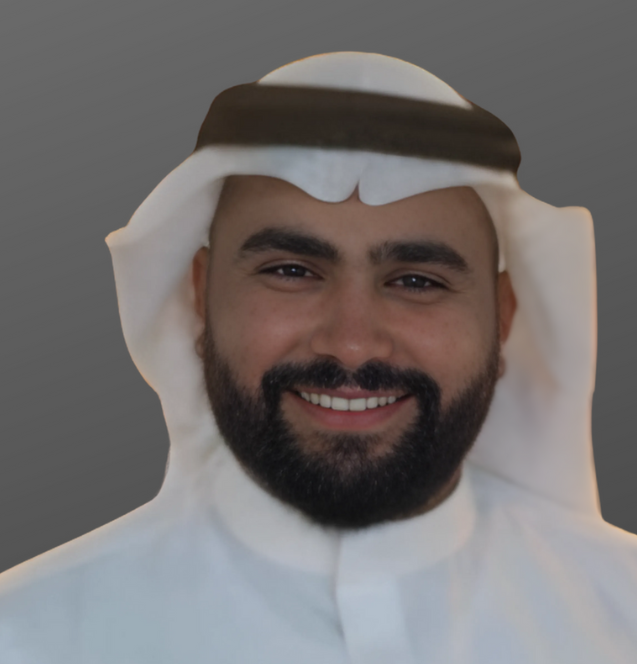
Khalid Alsatti
Senior Innovation Specialist, UN Tourism
Mr. Alsatti is a Senior Innovation Specialist at the United Nations World Tourism Organization, where he leads innovative programs and strategic partnerships that shape the future of tourism. Formerly the founder of Destination Arabia, a tourism startup based in Saudi Arabia, he played a key role in driving regional growth and delivering bespoke travel experiences. His work bridges tourism with technology and investment, fostering sustainable solutions and building impactful global networks.
Recognized for empowering SMEs, startups, and youth, Mr. Alsatti actively contributes to international forums and initiatives. He is particularly passionate about equipping young people with the tools, platforms, and mentorship needed to become the next generation of innovators and leaders. He remains deeply committed to advancing global tourism through visionary innovation, transformative initiatives, and inclusive development.
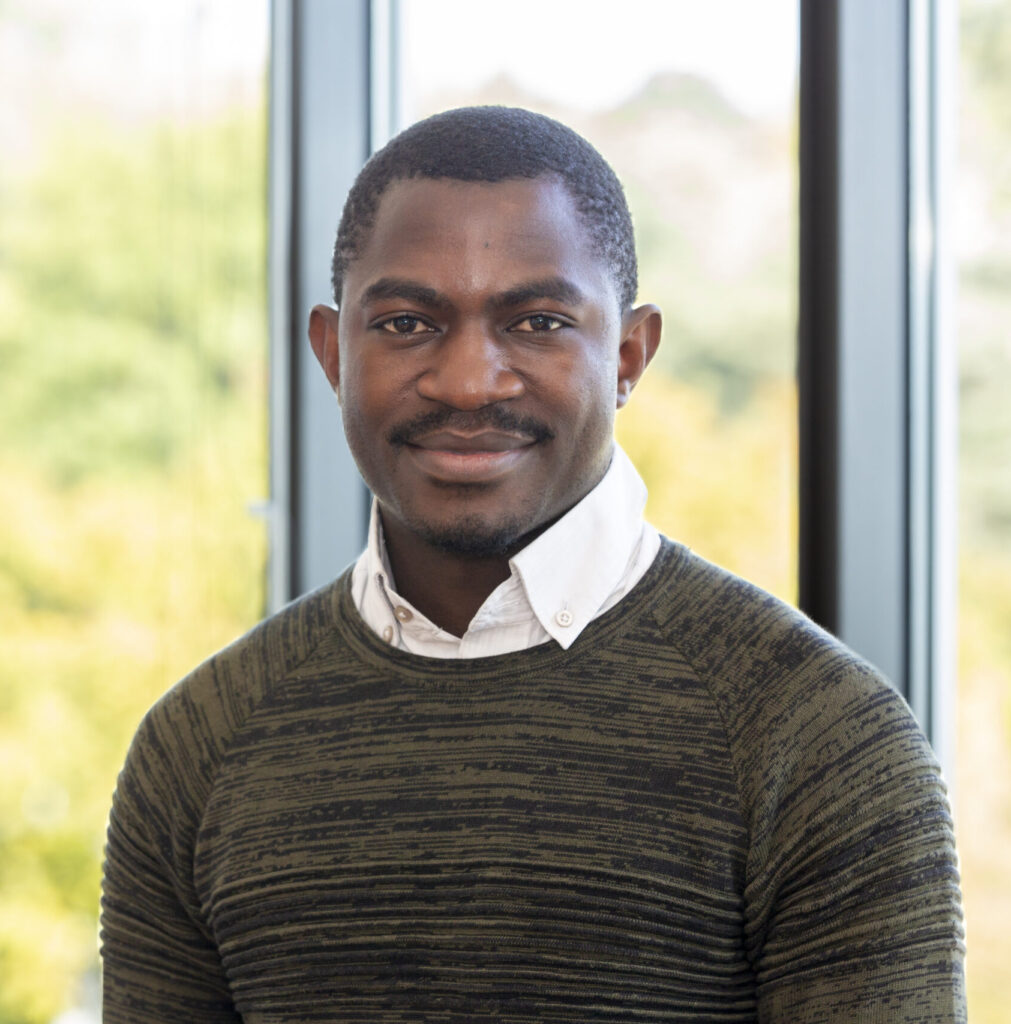
Thomas Basikolo
Program Officer, International Telecommunication Union (ITU)
Thomas BASIKOLO is Programme Officer in the Telecommunication Standardization Policy Department of the ITU Telecommunication Standardization Bureau (TSB). He coordinates and manages the ITU AI/ML Challenge and is an advisor to the ITU-T Focus group on AI-Native Networks. Prior to joining ITU, he worked as a Research Engineer in the Engineering Department of Microwave Factory Co., Ltd, Tokyo, Japan.
He received a PhD in Electrical and Computer Engineering from Yokohama National University, Japan. He is recipient of multiple Best Paper Awards, the IEEE AP–S Japan Student Award and the Young Engineer of the year award by IEEE AP–S Japan in 2018.
He has co-authored peer-reviewed journal and conference papers, predominantly in the areas wireless communications and antenna engineering. He serves as a Reviewer of IEEE and IEICE Journals. His interests includes, machine learning, deep learning, artificial intelligence and network science, and their applications in wireless networks as well as how technology can be used to advance the UN SDGs.
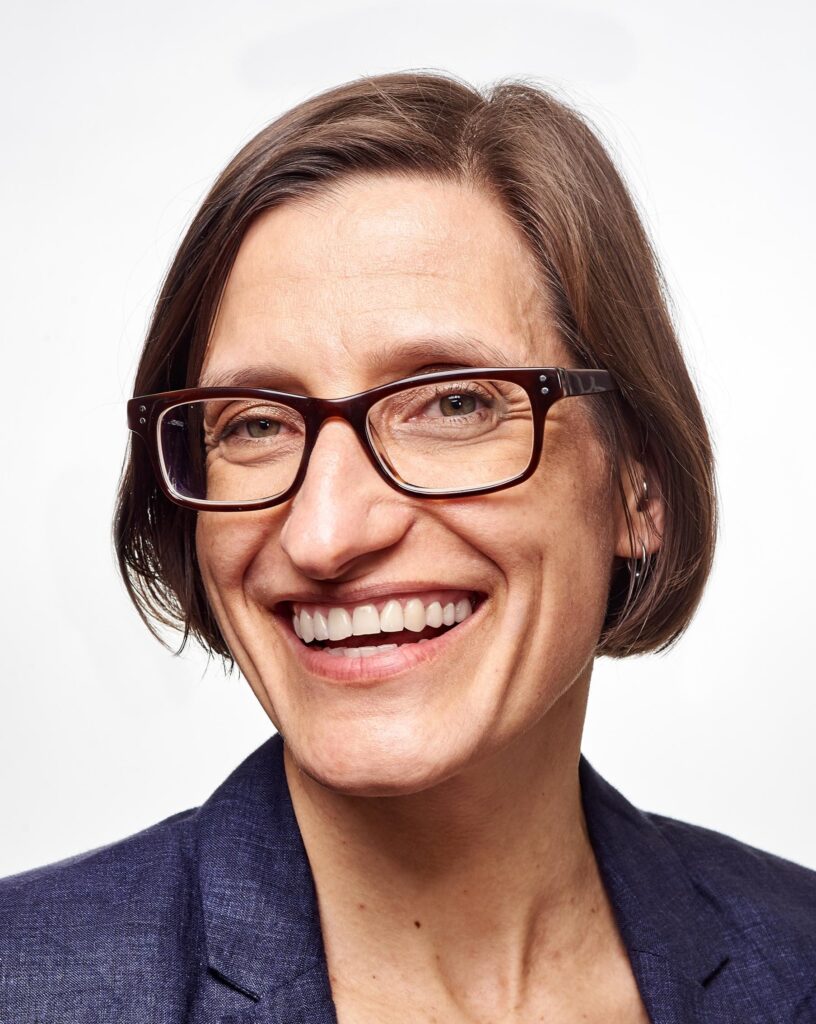
Iris Belle
Professor, Stuttgart University of Applied Sciences
Iris Belle is Professor at Stuttgart University of Applied Sciences, Faculty of Architecture and Design and serves as the Dean of Studies at the International Master Programme Smart City Solutions. She is also the founding Dean of the Faculty of Architectural Engineering at the German International University Cairo. She graduated with a PhD in Geography from Heidelberg University and is a registered architect in Germany. Iris has combined practice in the AEC industry with academia and held a tenure track as Assistant Professor at Tongji University Shanghai, a postdoc with ETH Zürich in Switzerland and the Future Cities Lab in Singapore. She worked for gmp-architekten in China, Drees & Sommer in Germany and others.
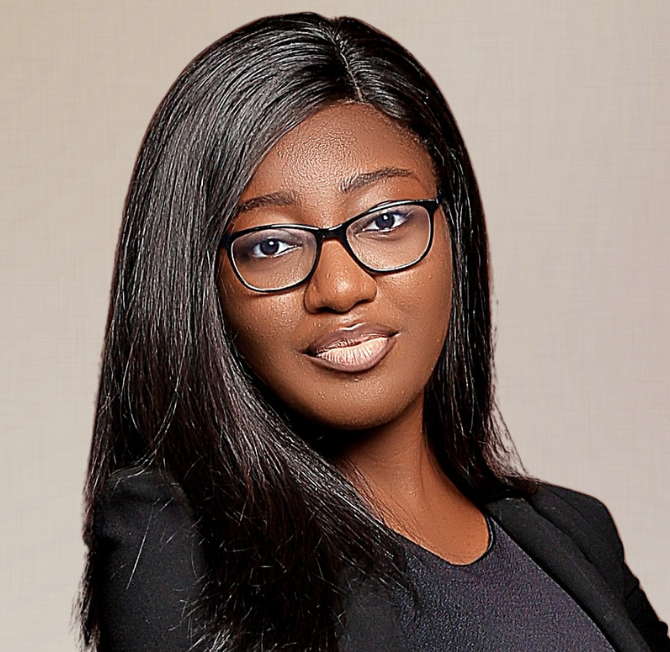
Albright Enyioha
Technology Innovation Engineer, The World Bank
Albright Enyioha is a Creative Technologist at the World Bank Technology Innovation Office, leading the exploration of spatial computing and intelligent digital twins to advance spatial intelligence for human development. She holds an MBA from the Quantic School of Business and Technology in Washington, DC, and blends technical insight with strategic creativity to drive impactful innovation across global development sectors. Beyond her professional work, Albright is committed to mentorship and capacity-building. She has trained over 500 aspiring XR developers through initiatives like ARVR Africa, the African Leadership University, and research at Lagos Business School’s VHCI Lab. Her collaborative style empowers others to thrive in emerging tech spaces.
In 2022, Innovations by Mission Impact named her one of the Top 100 Women of the Future for her leadership in inclusive innovation.
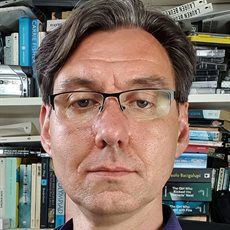
Phil Jones
Professor of Cultural Geography, University of Birmingham
Professor Phil Jones has been based at the University of Birmingham since 2000 working on topics relating to technology, embodiment and urban development. A founding committee member and former chair of the Royal Geographical Society’s Digital Geographies Research Group, his recent work has focused on virtual worlds, biosensing and the restorative qualities of natural spaces. His Playful Methods Lab comprises a team of 12 PhD students working on cities, virtual worlds and redevelopment, including examining the potential for integrating XR approaches into urban management. He is also interested in spatial analysis including remote sensing and GIS.
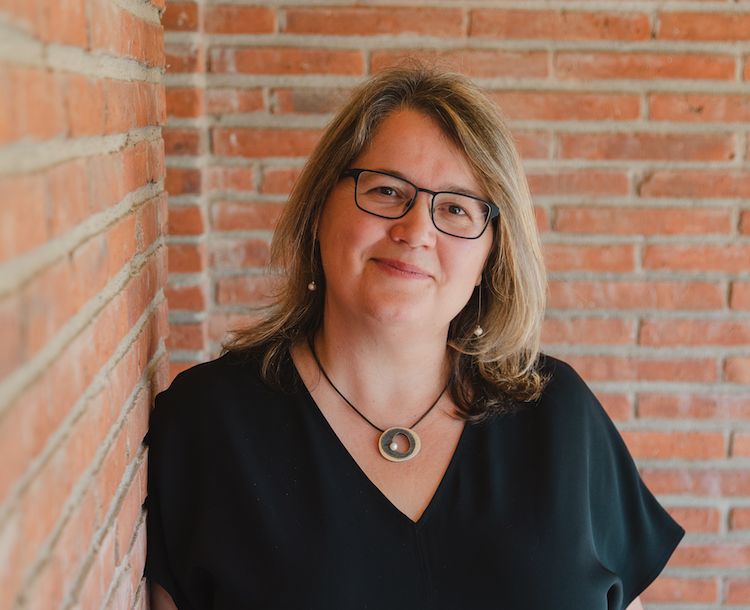
Anna Matamala
Lecturer, Universitat Autónoma de Barcelona
Anna Matamala, BA in Translation (UAB) and PhD in Applied Linguistics (UPF, Barcelona), is a Full Professor at the Universitat Autònoma de Barcelona. Prof. Matamala is the leader of Transmedia Catalonia research group and director of AccessCat Network. She has participated in and led multiple funded projects on media accessibility. MAP platform co-creator. LAB-TTAV director since 2017. Accessibility expert at ANEC. Active participation on standardisation. More information: webs.uab.cat/amatamala
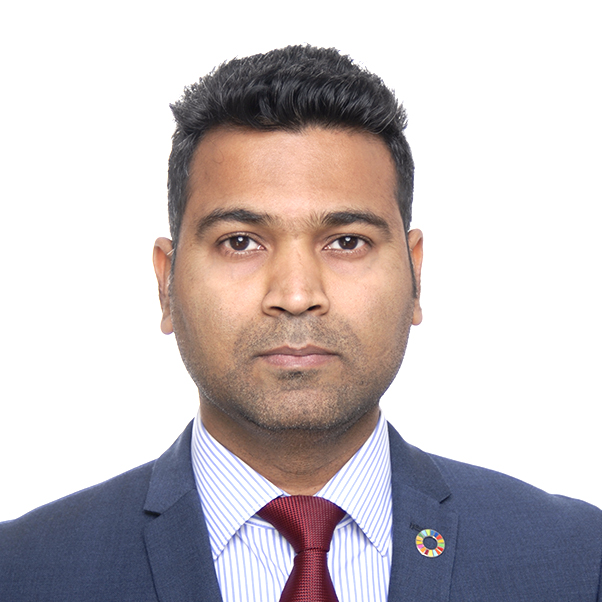
Akhilesh Nirapure
Cloud Architect, Solution Architecture Section, UNICC
Akhilesh is a Cloud Architect at the United Nations International Computing Centre (UNICC), boasting over 18 years of expertise in developing, architecting, and productizing innovative digital solutions across major public cloud platforms such as Azure, AWS, and GCP. His rich professional journey includes significant roles at Accenture, the International Atomic Energy Agency (IAEA), and Rapid Circle, a stealth start-up where he focused on envisioning and developing consumer-facing products, underscoring his influential presence in the tech industry.
With a multidisciplinary approach and deep-seated passion for problem-solving, Akhilesh specializes in architecting scalable cloud-native solutions that deliver substantial impact. He has successfully executed large-scale implementations leveraging open-source and blockchain technologies, particularly for providing digital identities rooted in blockchain using Hyperledger Indy. Currently, Akhilesh is exploring cutting-edge Artificial Intelligence applications, focusing on large language models to drive future innovations.
At UNICC, he is instrumental in guiding UN agencies towards adopting fit-for-purpose technologies, aligning solutions with strategic goals. Akhilesh maintains a strong interest in emerging technologies, continually seeking opportunities to advance digital transformation and innovation.
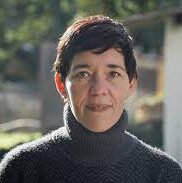
Estella Oncins
Lecturer, Universitat Autónoma de Barcelona
Estella Oncins, PhD (UAB, Spain), is a lecturer at Universitat Autònoma de Barcelona and Coordinator of the MA in Audiovisual Translation. She is a senior member of the TransMedia Catalonia research group, her work focuses on digital and media accessibility, including immersive environments. She has participated in multiple EU-funded projects on accessibility. In 2024, she received the WSIS2024 award in ICT applications in E-learning for the project YoungArcHers. She actively contributes to digital and media accessibility committees within UNE, ITU, and ISO and was involved in the XAUR (W3C). Currently, she works on VR/AR accessibility in the InclusiVRity and IMMERSE projects and explores AI and accessibility in MOSAIC and ALFIE.
More info: UAB Research Portal.
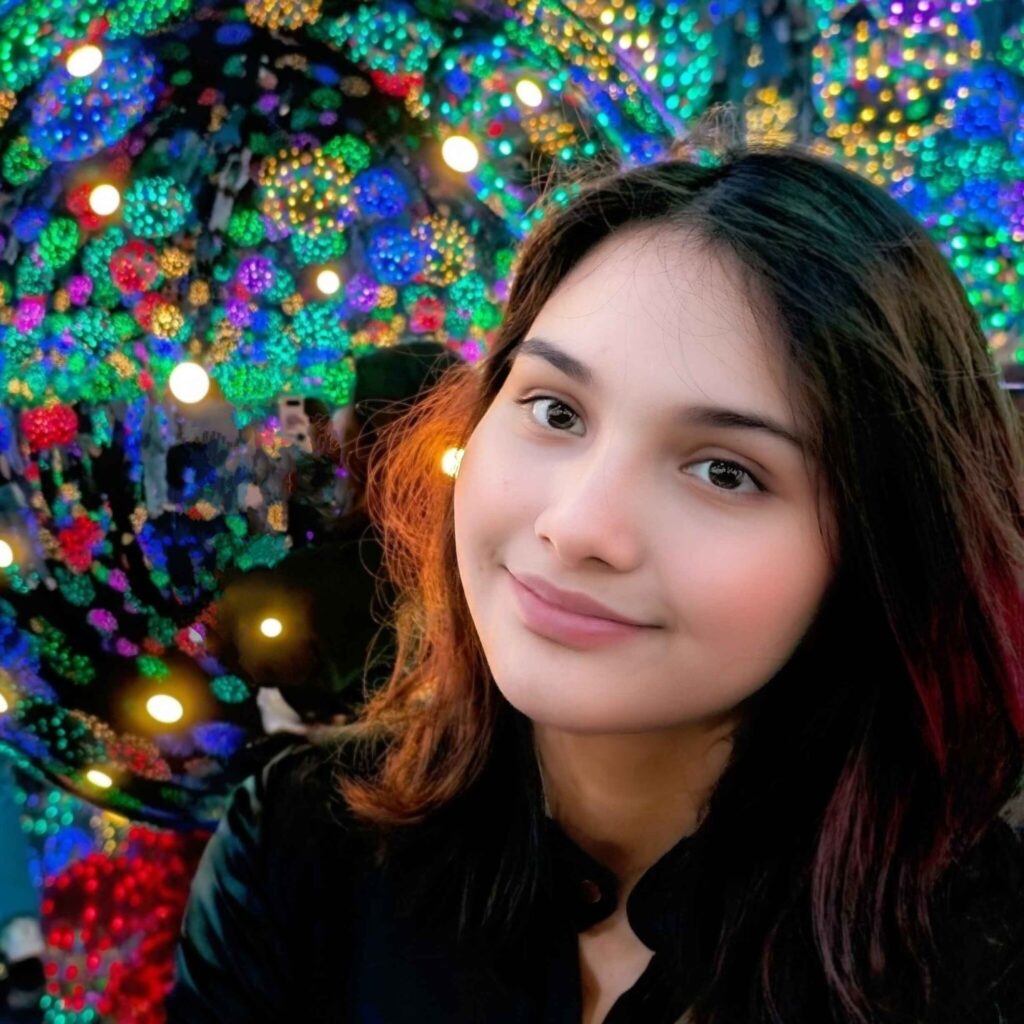
Pyrate Ruby Passell
Co‑Founder & Co‑Chair, Dynamic Teen Coalition (DTC), United Nations Internet Governance Forum
Pyrate Ruby Passell is a pioneering teen leader shaping global dialogues at the intersection of emerging technology, digital governance, and youth empowerment. As Co-Founder and Co-Chair of the Dynamic Teen Coalition (DTC)—the first and only teen board at the United Nations—she champions youth voices in international policy discussions on AI ethics, quantum computing, data privacy, and digital rights.
At just 14, Pyrate initiated historic teen-inclusion advocacy through ongoing sit-ins that challenged age-based exclusions at the United Nations, becoming one of only two youth representatives invited to the Global Digital Compact negotiations. By 15, she co-developed DTC’s Discord-based Digital Governance Forum, co-designed the world’s first educational TikTok certificate program, and authored groundbreaking policy submissions for key UN forums. Currently 16, Pyrate leads the first qualitative study examining ageism at the UN.
A multidisciplinary STEAM innovator, Pyrate won the 2018 Australian Youth Rocketry Challenge and is an accomplished metal and ceramics sculptor. She consistently produces innovative educational media employing both AI-driven and human-centric methodologies. As a skilled mechatronics builder, Pyrate integrates robotics, engineering, and creative technologies, effectively bridging technical expertise with impactful policy advocacy.
Her ongoing leadership includes contributions to the UN Foundation’s Our Future Agenda, active participation in multistakeholder forums globally, and proudly serving as a CERN Open Quantum Institute (OQI) Friend.
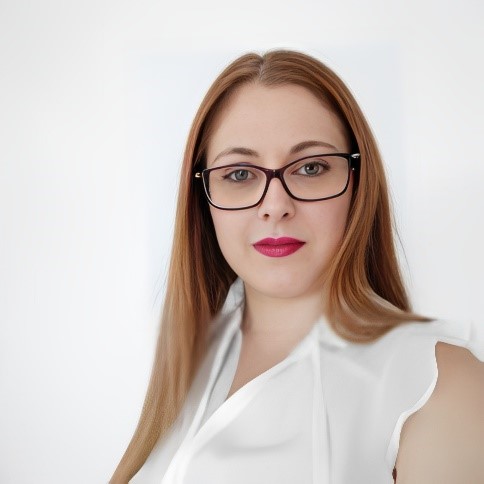
Andriani Piki
Assistant Professor in Computing, University of Central Lancashire, Cyprus
Dr Andriani Piki is an Assistant Professor in Computing and the Course Leader of BSc (Hons) Computing programme at UCLan Cyprus. Dr Piki holds a PhD in Educational Technology and she is an experienced educator, mentor, and researcher leading EU-funded projects. As an expert in educational technology (EdTech), human-computer interaction (HCI) and user experience design (UXD), her research focuses on designing inclusive learning experiences utilising innovative tools such as digital games, social media, and artificial intelligence (AI). Dr Piki has published her work in renowned international academic journals and conferences focusing on the role of game-based learning (GBL), mobile learning, and other innovative pedagogies for developing soft skills, promoting the Sustainable Development Goals (SDGs), and raising cybersecurity awareness. She also explores the educational and wellbeing applications of social robotics and AI. Dr Piki serves the wider scientific community as a Scientific and Technical Program Committee member for several academic conferences including ACM CHI 2025 (Japan), IEEE EDUCON 2025 (UK), HCII 2025 (Sweden), ECIS 2025 (Jordan), IEEE ISEMV 2024 (USA), ACM womENcourage 2024 (Spain), GoodIT 2024 (Germany). She is also a coordinating member of CCS-Women, the Treasurer of Cyprus ACM-W Chapter, and a professional ACM member.
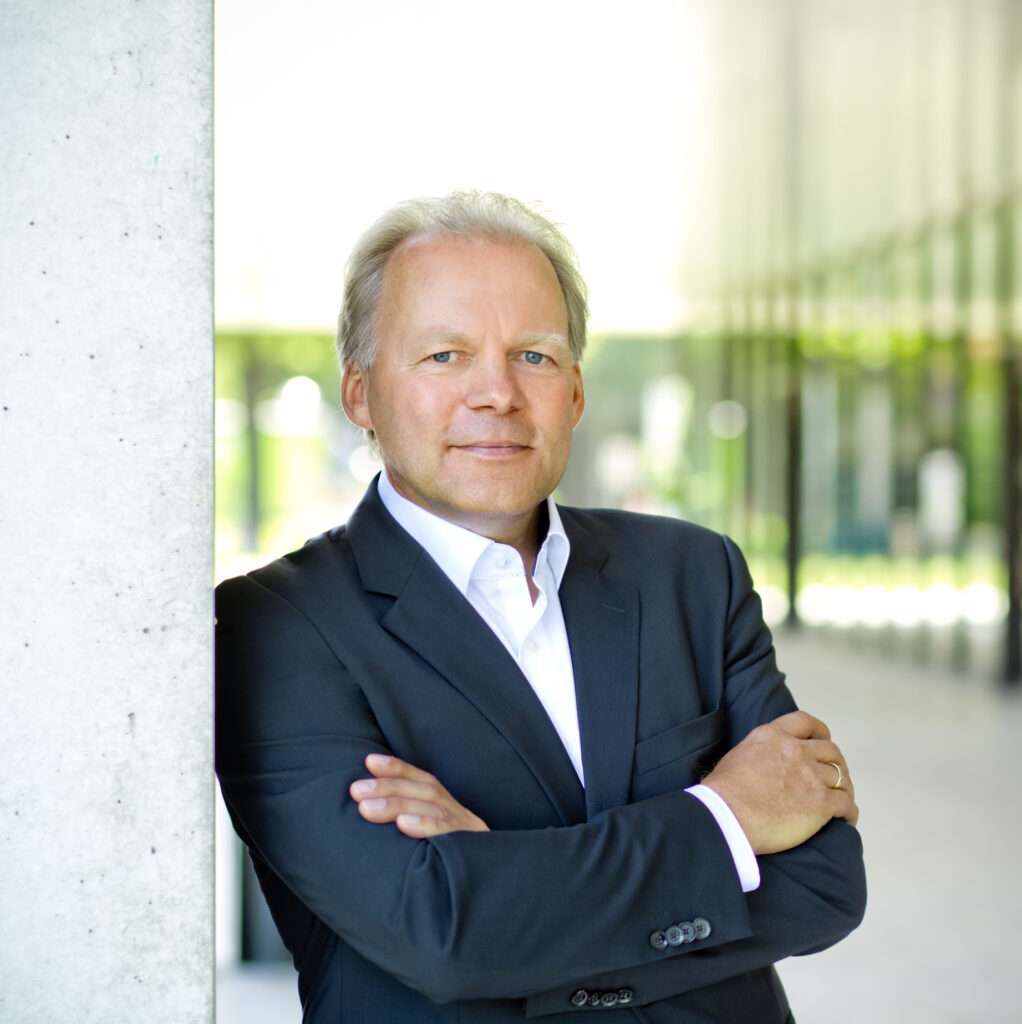
Dieter Uckelmann
Professor, HFT Stuttgart
Dieter Uckelmann is Professor of Information Logistics and Scientific Director of the Institute of Applied Research at HFT Stuttgart. He studied mechanical engineering in Braunschweig and completed his doctorate at the University of Bremen in the Department of Production Engineering. His research activities focus on applications in the Internet of Things in the areas of Industry 4.0, logistics, smart building and smart city, as well as corresponding business aspects and didactic issues. He has written more than 100 academic publications and co-published a book on “Architecting the Internet of Things”. He is leading a current project on “Urban Digital Twins for iCity” and is an executive board member of the Virtual Dimension Center (VDC). Currently, his research is more and more addressing serious Metaverse applications (e.g. Citiverse, Industrial Metaverse, EduVerse). Prior to his academic career, he worked as a managing director in several companies including start-ups in the ICT sector.
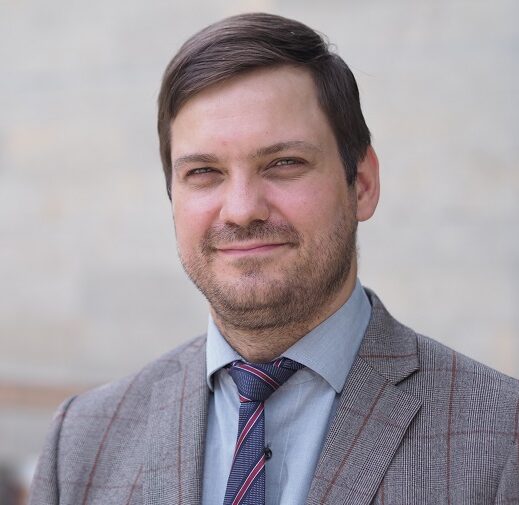
Martin Wählisch
Associate Professor of Transformative Technologies, Innovation, and Global Affairs
Dr. Martin Wählisch is the inaugural Associate Professor of Transformative Technologies, Innovation, and Global Affairs at the University of Birmingham, where he holds dual appointments in the School of Government and the School of Computer Science. Focusing on bridging technology and global affairs, he now spearheads initiatives focused on interdisciplinary collaboration, innovative governance, and impactful technological solutions to global public challenges.
Before joining the University of Birmingham, Dr. Wählisch served the United Nations for over a decade, contributing to peace processes in regions including Lebanon, Iraq, and Yemen. Among other assignments, he led the Innovation Cell at the UN Department of Political and Peacebuilding Affairs (UN DPPA) in New York City. Earlier in his career, he held positions with the Berghof Foundation, the German Federal Foreign Office, and the Center for Peace Mediation.
His academic engagements include visiting fellowships at distinguished institutions such as Columbia University, Rhode Island School of Design, New York Law School, the University of Cambridge, Durham University, the American University of Beirut, Université La Sagesse, and the Al Jazeera Media Institute, among others.
Currently, Dr. Wählisch is a member of the Centre for Artificial Intelligence in Government (CAIG) at the University of Birmingham and an affiliate of the Birmingham Institute for Sustainability and Climate Action (BISCA), the university’s primary hub for addressing global sustainability challenges.
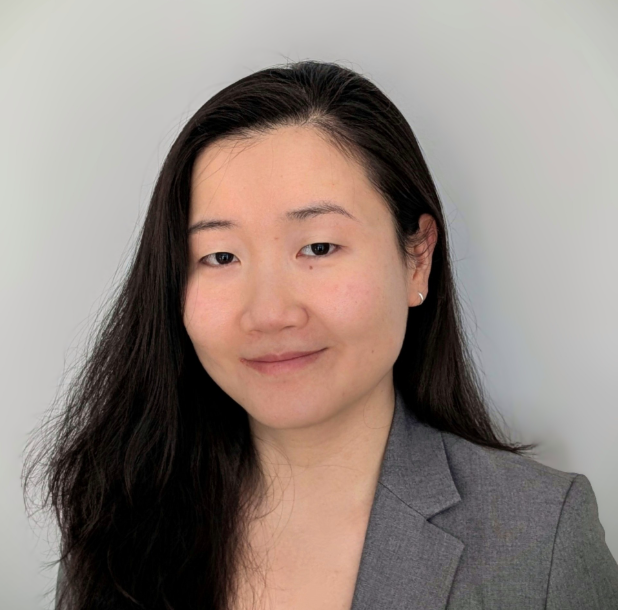
Ivy Yang
EU AI/Digital Policy Specialist & Project Manager, OASC
Dr Ivy Yang is an EU AI/Digital Policy Specialist at Open & Agile Smart Cities and Communities (OASC), supporting several projects exploring sustainable digital solutions by cities to address critical net-zero challenges and achieve key green goals, such as Positive Energy Districts (PEDs). She is an active contributor to international PED standardisation activities and the OASC-led Minimal Interoperability Mechanisms (MIMs). Ivy also co-leads OASC’s policy navigation activities, helping smart cities navigate the dynamic digital policy landscape to drive local digital competitiveness. Prior to OASC, Ivy was involved in several research projects on EU digital sovereignty and competitiveness. Her past experience also includes actively driving initiatives in start-up projects, business development and operational strategy design. Leveraging her extensive global experience in the EU, UK, US and China, as well as her expertise in AI/digital policy, Ivy is drawn to solutions-oriented, cross-cultural and cross-disciplinary projects to promote a more inclusive, human-centred and sustainable digital ecosystem. Ivy holds a BA in International Relations from the University of Southern California, an MA in International Security, and a PhD from the University of Warwick, which examined the EU’s AI positioning and competitiveness in geopolitical dynamics.
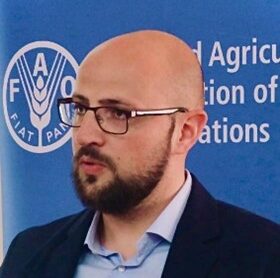
Nikola Trendov
Digital Agriculture and Innovation Specialist, FAO
Nikola Trendov is an expert in digital transformation of the agrifood systems, known for his significant contributions in the area of digital agriculture strategies, digital innovation hubs and digital innovation capabilities. Currently, works as a Digital Agriculture and Innovation Specialist at the Food and Agriculture Organization of the United Nations (FAO) and co-lead the Digital Agriculture Team within the Office of Innovation, dedicated to steering digital innovation initiatives toward the achievement of the SDGs and leaving no one behind.
Prior to FAO, worked in private sector and civil society organisations, coordinating various digital agriculture projects and led initiatives related to capacity development in digital agriculture. Have received several awards and scholarships for his academic achievements in agrifood systems and digital transformation.
Nikola holds Doctor of Philosophy (Ph.D.) degree from the Hungarian University of Agriculture and Life Sciences and contributed extensively through research during his tenure as a researcher at the University.
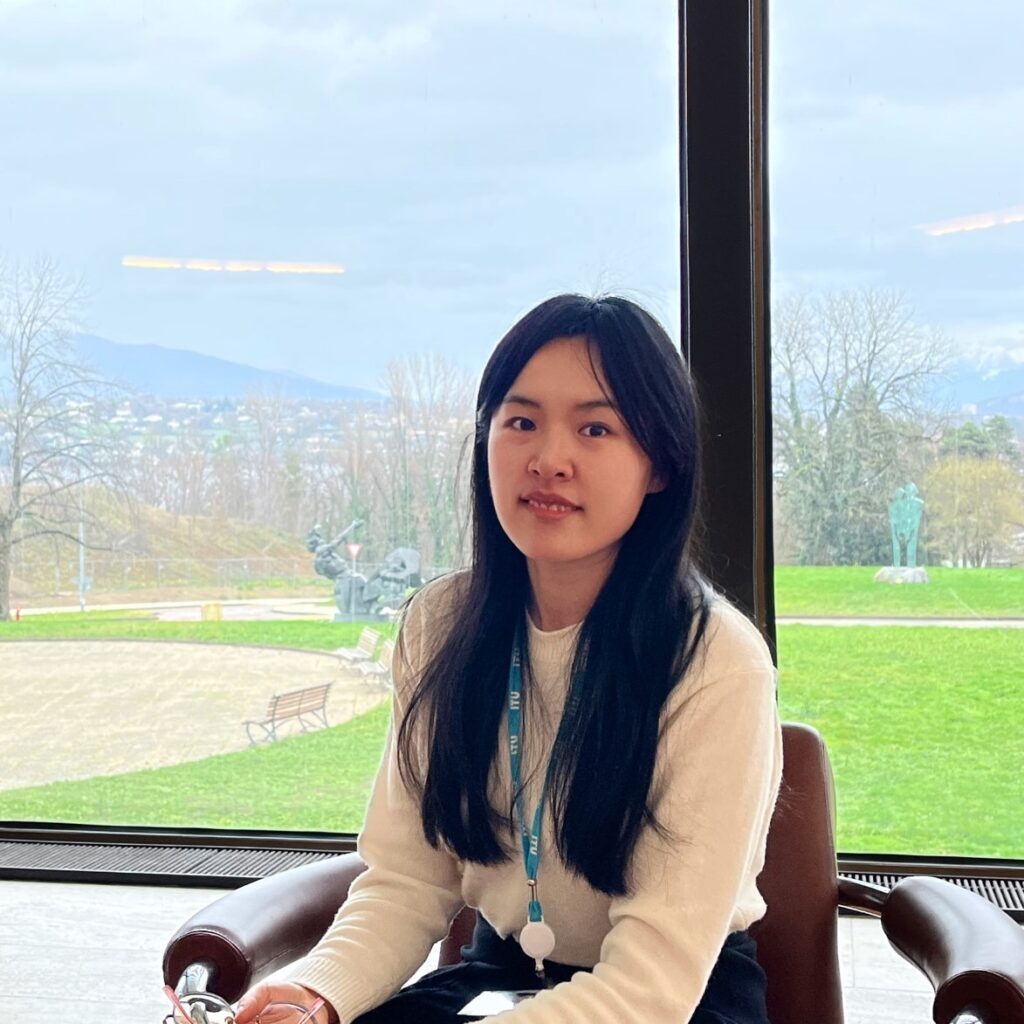
Yining Zhao
Junior Communication Officer, ITU
Yining Zhao works as Junior Communication Officer at the International Telecommunication Union (ITU) in the domain of metaverse and digital transformation for cities and communities. She supports the activities of ITU Focus Group on metaverse (FG-MV), the Regional Group for Asia and the Pacific of ITU-T Study Group 20 “Internet of things and smart cities and communities (SG20RG-AP), a United Nations initiative, United for Smart Sustainable Cities (U4SSC) and Global Initiative on Virtual Worlds and AI. Prior to this role, Yining works as an Engineer at the China Academy of Information and Communications Technology (CAICT) for various research projects related to digital transformation. Yining holds a Master’s degree from the University of Bristol and two Bachelor’s degrees from the Renmin University of China.